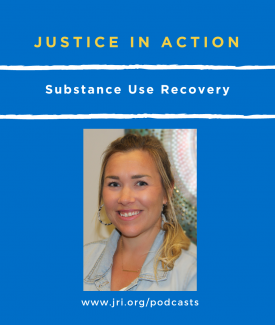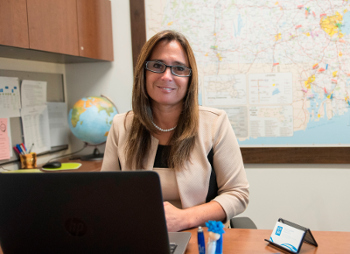Do you have a question about JRI services?
Guiding our clients toward recovery from substance use disorder.
The opioid epidemic has increased the demand for effective recovery services, and Justice Resource Institute’s Mary Chao is leading the organization’s training program for clinicians and other staff members to aid them in helping clients recover.
Chao has been with JRI for nine years and works with the agency’s health, training and community-based services divisions, developing and coordinating substance use programming throughout the agency. She works closely with clients ages 12 to 24 and the JRI clinicians who help them to address problematic substance use.
Problematic use of substances, including opioids, cannabis and alcohol, often accompanies other problems, including homelessness, sexual abuse and violence that JRI programs also address.
Chao and JRI use ACRA (Adolescent Community Reinforcement Approach), an evidence based treatment model that focuses on developing relationships with clients to help them understand what motivates them to use drugs or alcohol and looks to increase opportunities for clients to do “social, fun things” with the goal of helping them reduce or eliminate substance use.
But recovery doesn’t necessarily mean lifelong abstinence from drugs or alcohol.
“Abstinence is definitely not the only way to be in recovery,” she said. “Someone with substance use disorder can struggle for years, even decades….It’s important to recognize that relapse doesn’t mean failure.”
In addition, while substance use by youth and young adults can be frightening for friends and family, “Not every person who uses a substance needs treatment.” The need for treatment becomes clearer when substance use has a serious effect on their life or the lives of others. And it is important that treatment for substance use disorder be integrated into a client’s overall care plan.
“Recovery is possible for everyone, and every family, and every community,” Chao said.




